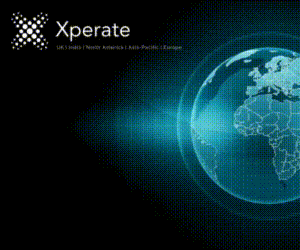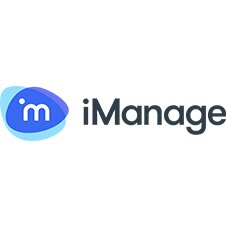4 factors to consider when evaluating a cloud provider
The cloud offers many advantages including effective mobility, disaster recovery and greater business agility. Cloud security has also advanced, and many organizations today actually get better security from their cloud providers than they could deliver themselves. Yet, all clouds are not equal. If you are evaluating the cloud, here are four factors to consider when comparing cloud providers:
Availability – In legal, time is money (literally). The more uninterrupted time you get to perform your business, the better. So, look for a cloud solution that can deliver 24/7 availability. A modern cloud solution should offer a continuous service delivery model that ensures you do not experience any unexpected downtime during key projects and deals. To do this your cloud vendor should be able to run maintenance and upgrades in the background, without any disruption to users. Whether connected or disconnected, in high, low or no bandwidth situations, your professionals will appreciate the ability to always have access to critical work product.
Performance – Nobody likes waiting for unresponsive software. Identify a competitive, elastic cloud that ensures consistent performance across multiple geographies. An elastic cloud is built in a way that ensures it can handle unpredictable spikes in user activity, without showing signs of wear. The system needs to have the capability to expand as needed, without human intervention.
Security – The nature of cyber security threats has changed dramatically over the past few years. Hackers have become incredibly sophisticated, devising various points of entry for a breach and using an array of techniques to orchestrate an attack. These include backdoor (e.g. targeting applications that allow for remote access to computers) and/or front door (e.g. phishing) breaches. Cloud vendors need to have a modern security approach and the capability to evolve quickly, alongside rapidly changing threats. A comprehensive security approach plans for a layered defense, with zero trust security. A layered defense ensures that your data is protected through multiple independent layers of security so that, if one layer is compromised, the others remain intact. Zero trust security is an exemplar security model, where there is no regular access by anyone, ever, to network, host, docker, or application layer. Authentication is required and embedded at every and any access point.
Total Cost of Ownership (TCO) – Reducing the TCO for software is a top goal for all organizations considering a move to the cloud. There are multiple ways to achieve cost efficiency, but any solution that implies multiple vendors can be cost effective, but fail in other ways ( e.g. security). Instead, given the cost and time needed to certify cloud vendors and the complexity of multi-vendor integrations, the best, most cost-effective option is selecting a cloud platform that offers multiple applications. A single vendor offering a cloud platform reduces third-party security risks and the associated (and very real) reputational risk for your organization.
In addition, when evaluating cloud vendors, look for hidden costs associated with moving to a specific vendor’s cloud offering, such as requiring a dedicated connection from your vendor to their cloud, or WAN accelerators. In addition to hiking up your TCO, these also pose a security risk to your organization.
Cloud benefits are well established by now, and law firms and legal departments are taking greater advantage of the cloud as a result. Yet, as with any change enabled by technology, your transition is influenced by more than just the technology itself. These four factors can help you in your evaluation and selection of a cloud provider and can make the difference between a satisfying or a frustrating move to the cloud.



